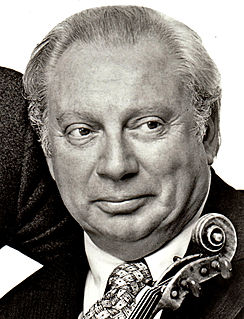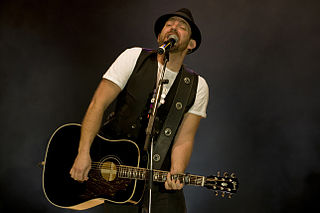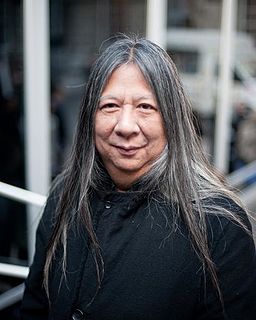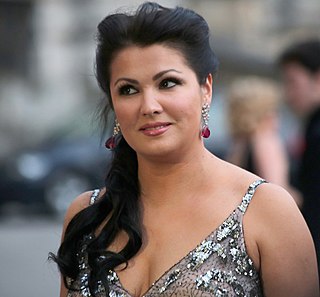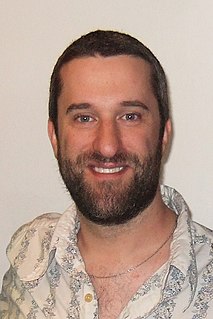A Quote by Isaac Stern
A conductor has to know how to translate music into a communicative force that makes the listener want to hear what he has to say.
Related Quotes
I'm like a conductor. I come up with ideas, and I get all these people to make great music together. I have a team of really talented assistant designers. I have architects in my office. People I trained from the beginning in menswear, womenswear, and home. I have a great team who know what I want and feel and translate that into beautiful results.
There probably is a lot of music that no one's ever gonna hear. For anyone doing music, just do exactly what it is that makes you want to do it. If you like listening to odd, strange, bizarre noise and that makes you want to create it, do it. Even if everyone around you tells you it's crap or thinks it won't work, someone out there is going to appreciate it.
If you make a suggestion and [musicians] don't know what you mean, you have to be able to do it yourself. I often sit down on drums and show 'em just exactly what I want. And I do it and then say, "How do you do that?" It's because I know how it looks, I know what I want to hear, and I don't drop or rush any tempo. It ain't in my body, it ain't in my nephew's body.
Something I always tell students is, when you're writing something, you want to write the first draft and you want it to come out easily in the beginning. If you're afraid to say what you really have to say, you stammer. When you're thinking of your listener, that's when you start stuttering and it's just because you're nervous that your listener is passing judgment.
